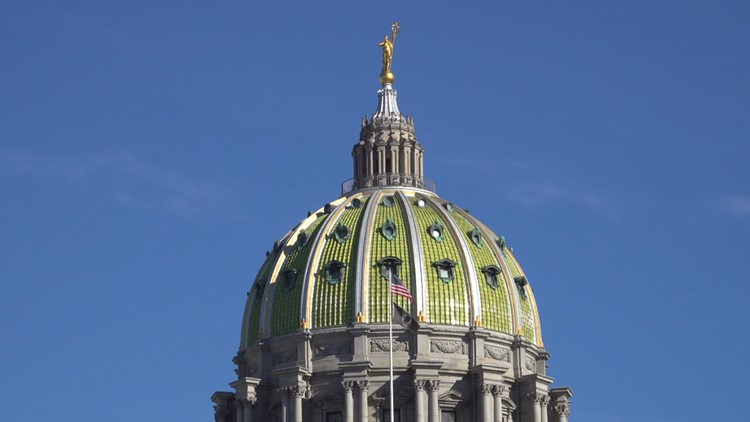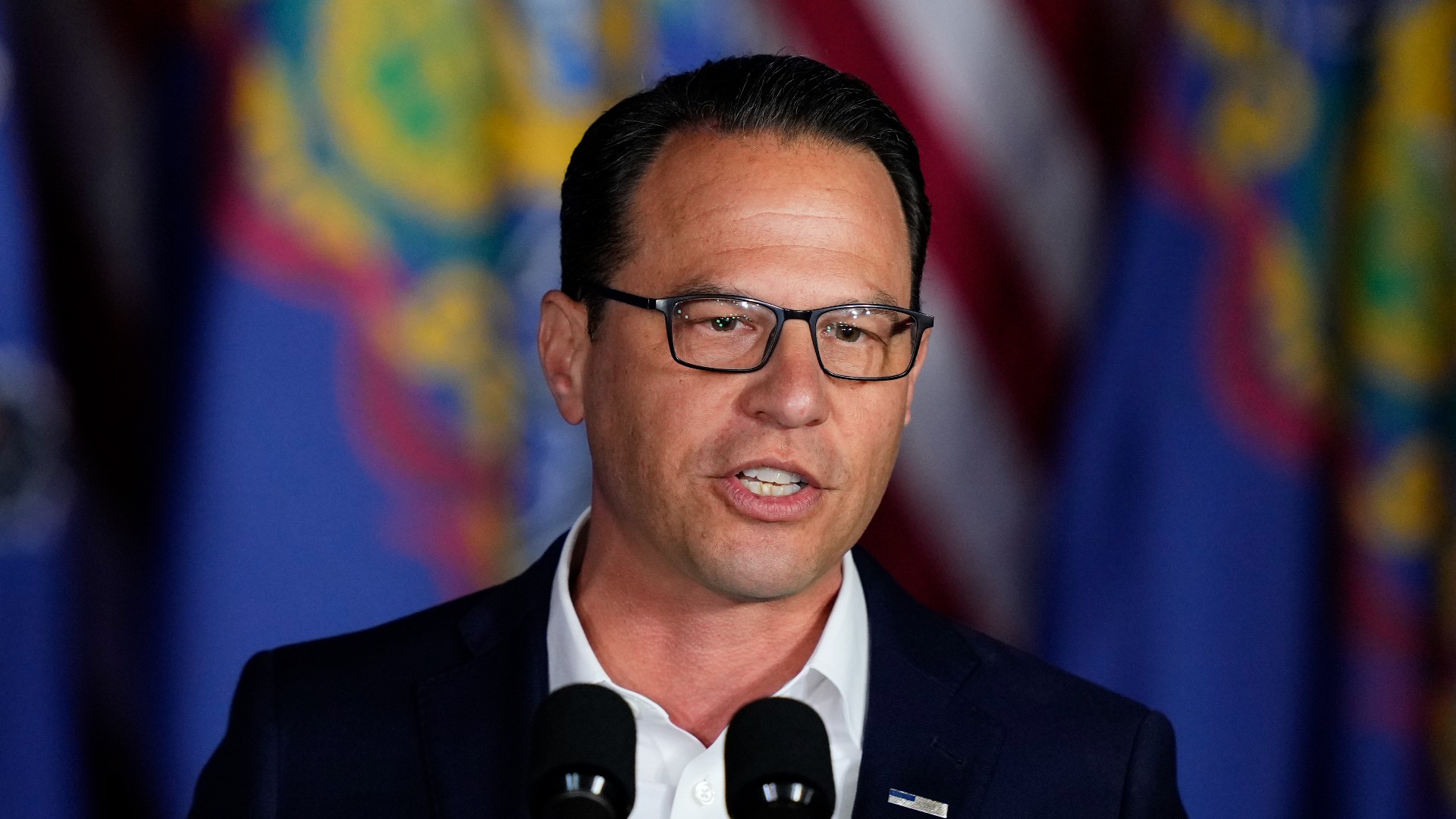HARRISBURG, Pa. — Gov. Josh Shapiro and Pennsylvania's politically divided Legislature appeared on track Thursday to start the state's new fiscal year without a spending plan in place, with closed-door talks yielding optimism from Republicans, but discontent from Democrats.
For Shapiro, getting his first budget across the finish line is perhaps the biggest test yet of his political skills under the Capitol dome. Republicans have spoken positively of their discussions with Shapiro, but an agreement with Shapiro's fellow Democrats has been elusive.
Democratic lawmakers have muted their criticism publicly. Still, many say they want more money for public schools and that they oppose a new private school “voucher” program that is backed by Republicans and supported by Shapiro.
The 2023-24 fiscal year begins Saturday. Budget negotiators have said little publicly about their private discussions.
“We would like the budget to be on time. But more than anything, we would like a budget to make significant investments in the Commonwealth that are necessary and needed,” House Appropriations Committee Chairman Jordan Harris, D-Philadelphia, told reporters.
The last few days have become particularly contentious, as a constellation of public school advocates, including school boards and labor unions, have organized to oppose an emerging agreement between Shapiro and Republicans who control the Senate majority.
The contention centers on what Republicans call “lifeline scholarships,” using taxpayer dollars to pay for schoolchildren to go to private schools. Shapiro supports it.
But most Democratic lawmakers have long opposed what they call "vouchers” — including this program — and they have suggested that the Senate Republicans' yet-to-be-published budget bill does not adequately fund public schools.
Without new spending authority in place by Saturday, the state is legally barred from making some payments, although a stalemate must typically last several weeks before any effect on services is felt.
In a long-term stalemate, the state is legally bound to make debt payments, cover Medicaid costs for millions of Pennsylvanians, issue unemployment compensation payments, keep prisons open and ensure state police are on patrol.
All state employees under Shapiro’s jurisdiction will continue to report to work as scheduled, and will be paid as scheduled, an administration spokesperson said.
If it becomes necessary, Shapiro's administration may have to postpone payments to vendors, such as utilities, insurers, suppliers and landlords, and put off paying discretionary items, such as tax credits, grants and some public school aid.
For now, the state’s main bank account is flush with roughly $15 billion, as of close-of-business Monday. It is not in danger of running out of money and can make its legally required payments, a Treasury Department spokesperson said.
The state's massive reserves — built up by inflation-juiced tax collections and federal pandemic subsidies — have eased spending decisions.
Meanwhile, a landmark court decision that found that Pennsylvania’s system of funding public schools violates the constitutional rights of students in poorer districts has emboldened Democratic lawmakers to demand far more money for public schools out of this year’s spending plan.
Republicans, meanwhile, warn of the possibility of a recession and long-term deficits to argue that the state must restrain spending.



